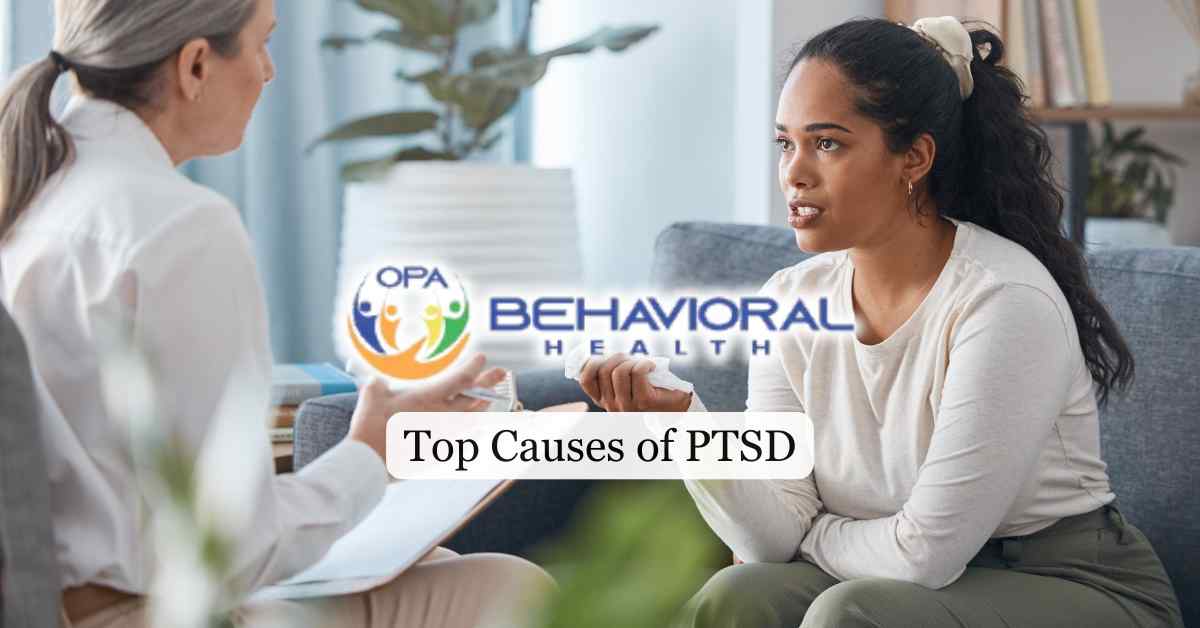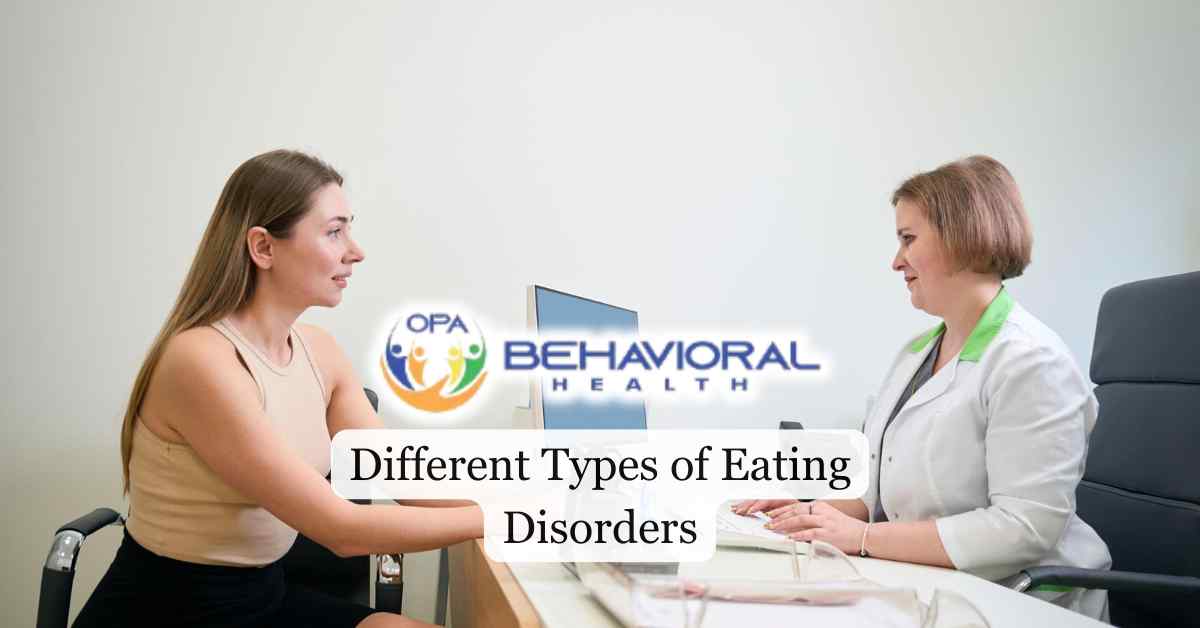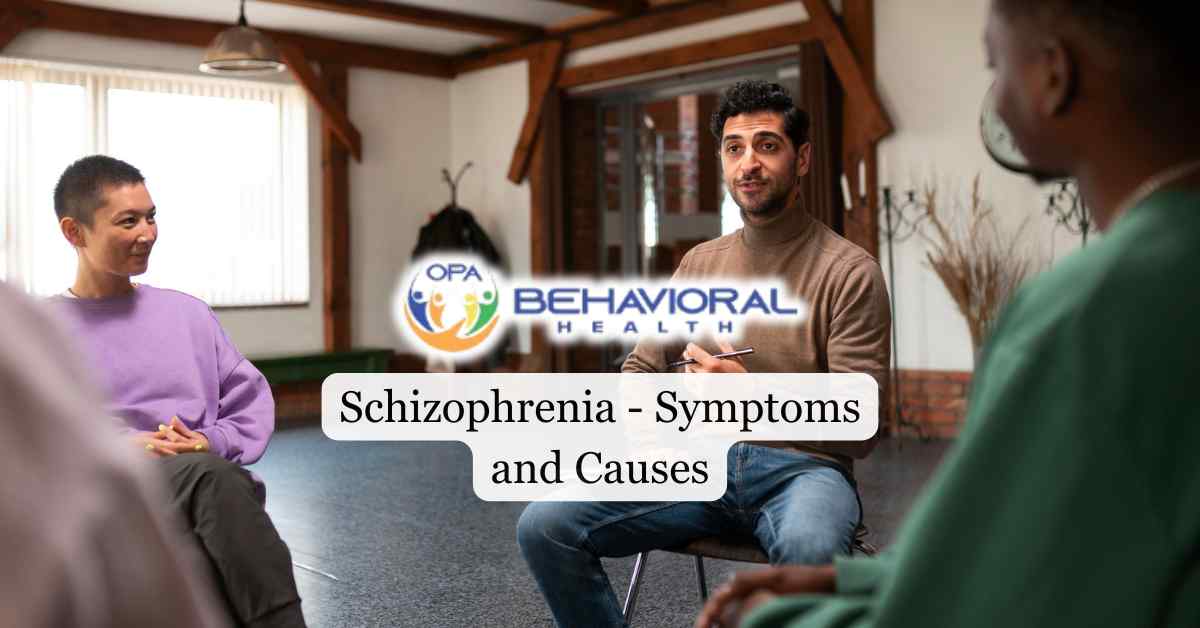Post-traumatic stress disorder (PTSD) is a complex mental health condition that can develop after exposure to traumatic events. Although it is often associated with combat veterans, PTSD can affect anyone who has experienced or witnessed a life-threatening or intensely distressing situation.
This article will explore the top causes of PTSD, shedding light on the various circumstances that can lead to the development of this condition.

Physical Assault or Abuse
If you’ve experienced this type of trauma, you may find yourself reliving the event through vivid flashbacks and nightmares, causing severe anxiety that disrupts your daily life.
The impact of physical assault can also lead to negative changes in your mood and thought patterns, resulting in feelings of hopelessness, guilt, and emotional detachment from others.
It’s important to recognize that you’re at a higher risk of developing PTSD if you lack social support following the traumatic event. The long-term complications of physical abuse can include depression, anxiety disorders, and an increased likelihood of substance abuse.
Women, in particular, are statistically more likely to develop PTSD after experiencing physical assault, highlighting the gendered nature of violence and trauma.
If you or a loved one is struggling with PTSD or any other mental health concern, we encourage you to contact our team of mental health experts at OPA Behavioral Health to schedule a comprehensive psychiatric evaluation and even begin PTSD Treatment.
Sexual Violence
You’re at a higher risk of experiencing PTSD if you’ve faced rape or sexual assault, with 1 in 5 women and 1 in 71 men likely to encounter sexual violence in their lifetime.
The trauma of sexual violence often manifests as intense PTSD symptoms, such as intrusive memories, flashbacks, and severe anxiety related to the event.
If you’ve experienced multiple instances of sexual violence or faced the trauma at a young age, you’re more vulnerable to developing PTSD.
The emotional and psychological challenges that survivors often face such as depression, anxiety disorders, and substance abuse, can further compound the effects of PTSD.
Lack of social support following the trauma significantly increases the likelihood of developing PTSD, emphasizing the crucial role of community resources in your recovery.
Read more about the symptoms of PTSD to easily recognize the early warning signs of this condition and seek professional help.
Serious Accidents
Imagine the shock and terror of experiencing a life-threatening car crash or being caught in a devastating industrial accident. Serious accidents like these can trigger PTSD in individuals who witness or experience the traumatic events firsthand.
You may be part of the 10-30% of people exposed to such incidents who develop the disorder, facing lasting psychological impact. The physical injuries you sustain during serious accidents can worsen the emotional trauma, increasing your likelihood of showing PTSD symptoms.
You might feel helpless or horrified, significant risk factors for PTSD. Without a strong social support network after the accident, you’re more vulnerable to the disorder, as the absence of support hinders your recovery and coping mechanisms.
Combat Exposure
Combat exposure is a leading cause of PTSD, with research showing that 10-30% of combat veterans experience PTSD symptoms after returning from deployment.
The intensity and duration of combat, including life-threatening situations and witnessing the death or injury of comrades, significantly contribute to the development of PTSD.
The psychological impact of combat can be worsened by factors such as previous trauma, lack of social support, and concurrent stressors like financial instability or relationship issues. PTSD prevalence among veterans varies by conflict, with those who served in Vietnam and the Iraq and Afghanistan conflicts showing particularly high rates of diagnosis.
Effective treatment for combat-related PTSD often combines psychotherapy, such as cognitive behavioral therapy, and medication to manage symptoms and improve functioning.
Check out the different treatment options available for PTSD and learn more about the full spectrum of standard and complementary healing methods individuals could go through.

Childhood Trauma
When you’re exposed to severe or prolonged trauma during your formative years, you’re at a significantly higher risk of developing PTSD later in life.
Adverse Childhood Experiences (ACEs), including physical, emotional, or sexual abuse, are strongly linked to PTSD, with individuals who’ve endured four or more ACEs facing a staggering 12-fold increased risk.
Emotional neglect, in particular, can lead to complex trauma that alters brain development, affecting your ability to regulate emotions and respond to stress. Witnessing domestic violence or experiencing neglect also heightens your vulnerability to PTSD.
Witnessing death or injury
Witnessing the death or injury of another person can be a profoundly traumatic experience, leaving indelible scars on your psyche. You may find yourself haunted by the gruesome images, unable to shake off the feelings of helplessness and horror.
The intensity and duration of your exposure to witnessing death or injury can worsen the likelihood of PTSD, especially if you felt powerless to intervene or help the victims.
First responders, military personnel, and civilians who’ve witnessed horrific injuries or fatalities report higher rates of PTSD symptoms due to their experiences. If you’ve witnessed a loved one suffer or die, it can lead to complex emotional responses, significantly increasing your risk of PTSD and associated complications like depression and anxiety.
Domestic Abuse
The psychological impacts of domestic abuse are far-reaching, with a higher likelihood of developing PTSD compared to other forms of trauma. Depression and anxiety disorders often accompany the PTSD symptoms, compounding the emotional toll you bear.
The lack of social support and the constant fear of further violence can perpetuate your PTSD, making it difficult to break free from the cycle of trauma.
Life-Threatening Medical Events
The feelings of helplessness, fear, and anxiety that accompany life-threatening medical events contribute to the onset of PTSD. If you have a pre-existing mental health condition or lack social support, you’re more susceptible to developing PTSD following such experiences.
Symptoms may manifest as intrusive memories related to the event, avoidance behaviors regarding medical settings, and heightened arousal symptoms like sleep disturbances and irritability.
Final Thoughts from OPA Behavioral Health
Our team of passionate, experienced providers throughout Florida is committed to delivering comprehensive, personalized care for individuals impacted by PTSD and other mental health concerns. We offer a wide array of services, including thorough psychiatric evaluations, counseling, and cutting-edge treatments like Neurostar TMS, all customized to address the specific needs of each patient.
Whether you’re a veteran struggling with combat-related PTSD, a survivor of sexual violence, or anyone who has faced a traumatic experience, remember that you’re not alone. Our compassionate staff and providers are here to support you on your path to healing and recovery.








